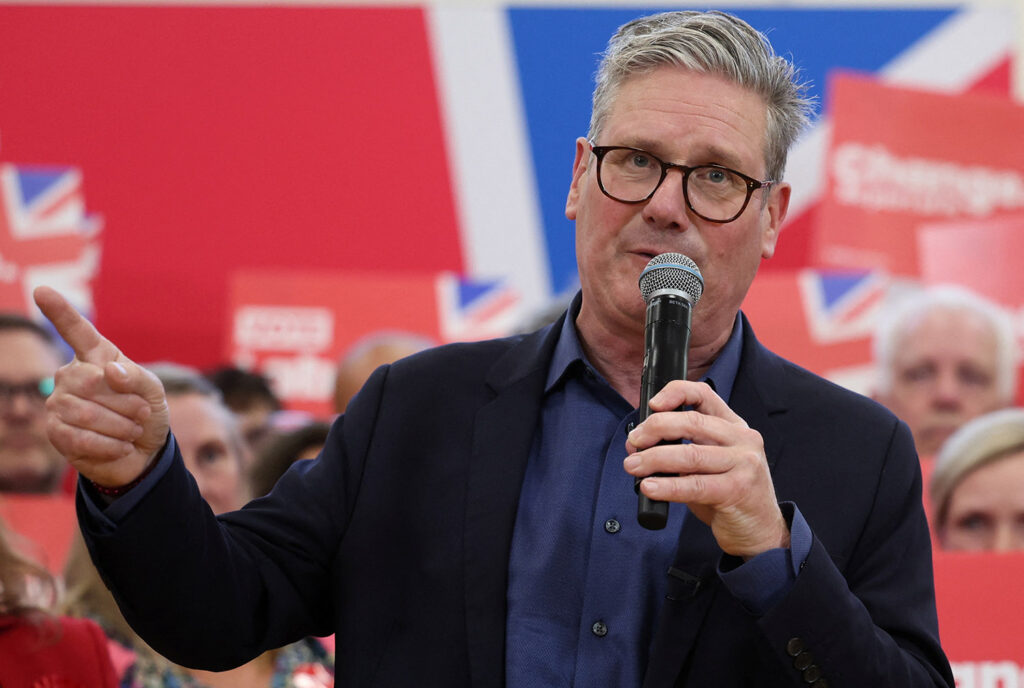Labour’s Deputy Leadership Race Heats Up Amidst Political Turmoil
The political landscape in the UK Labour Party is shifting as the party gears up for the race to replace Angela Rayner as deputy leader. With nominations officially opening today, candidates have until the close of business Thursday to gather the support necessary to compete in the upcoming election. The final outcome will be revealed to Labour members on 25 October.
Political Ramifications of Rayner’s Departure
Rayner’s exit has sent ripples through the party, prompting six candidates to step forward to vie for the crucial deputy position. This internal contest comes at a time when Labour is grappling with significant challenges, including public scrutiny and government unrest. Harriet Harman, a senior figure in the Labour Party, has voiced that the new deputy leader must be a woman, reinforcing the party’s commitment to gender representation in its leadership roles.
As Labour prepares for this pivotal selection, early indicators suggest that the decision could have substantial ramifications for both the party’s direction and its electoral prospects.
Government Response and Economic Concerns
Meanwhile, outside of Labour’s immediate challenges, the Conservative Party faces its own pressures. Leader Kemi Badenoch has expressed concerns that the UK might need to approach the International Monetary Fund (IMF) for a bailout due to its current economic instability. Badenoch emphasized the urgency for the government to devise a viable economic growth strategy or risk international financial assistance.
In a contrasting note, Reform UK’s deputy leader Richard Tice recently stated that plans for a high-speed rail line in Northern England are “insane,” calling for a reevaluation of investment in major infrastructure projects.
Upcoming Meetings and International Relations
In a dedicated effort to address international crises, Prime Minister Keir Starmer is scheduled to meet with Israel’s president at Downing Street. This meeting aims to discuss the dire situation in Gaza and the steps necessary for Israel to alleviate the ongoing humanitarian crisis.
Furthermore, recent discussions within the UK government have brought immigration policies to the forefront. Newly appointed Home Secretary Shabana Mahmood has made it clear that tightening border security is her top priority.
Public Sentiment and Future Prospects
As the political drama unfolds, public opinion surveys indicate a complex relationship between Labour and its electorate. Although Labour is currently perceived as being in a vulnerable position, the growing frustration with the Conservative government’s handling of various issues may provide opportunities for Labour to reclaim influence.
Table: Key Candidates for Labour Deputy Leader Position
| Candidate | Background/Experience | Support |
|---|---|---|
| Candidate A | Former MP with extensive parliamentary experience | Endorsed by major unions |
| Candidate B | Local council leader with a community focus | Grassroots support |
| Candidate C | Shadow cabinet member with national level exposure | Backing from party elite |
As the political scene continues to evolve, observers will be keenly watching how Labour’s challenges unfold and what strategies the party will adopt to reclaim its standing within the UK political framework.


